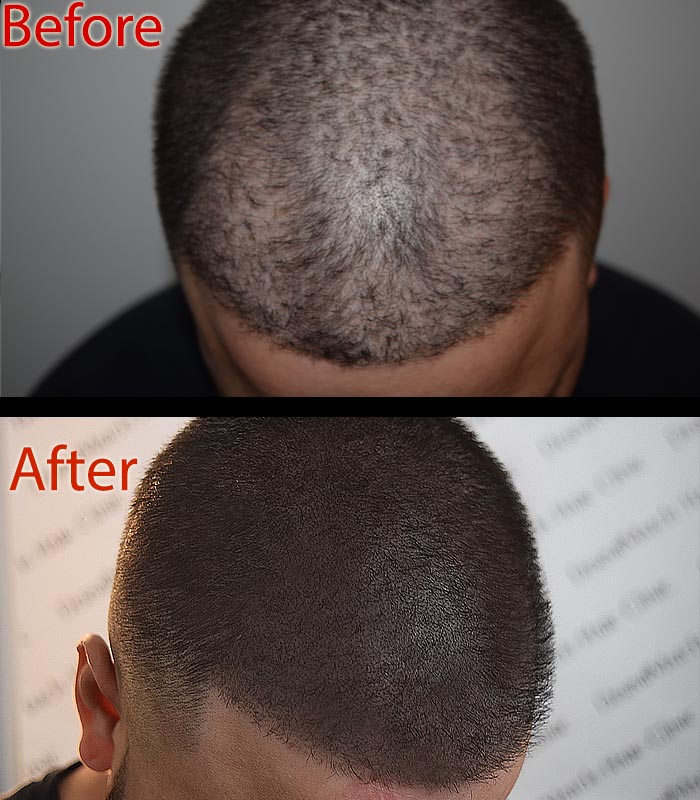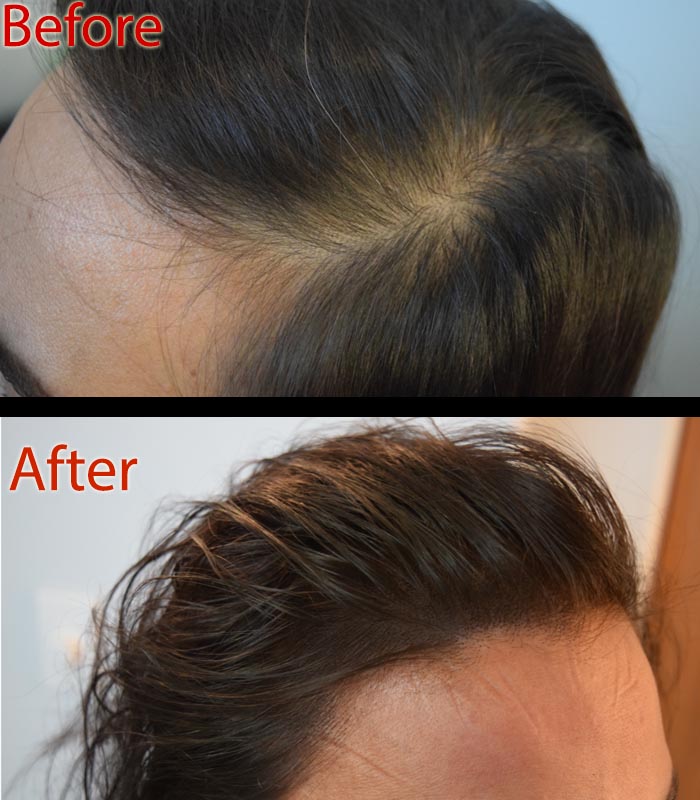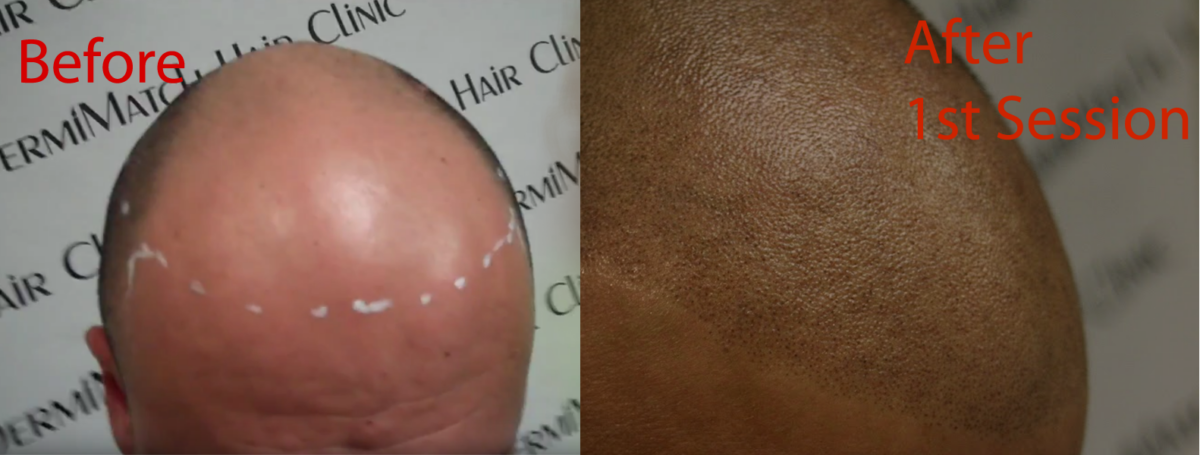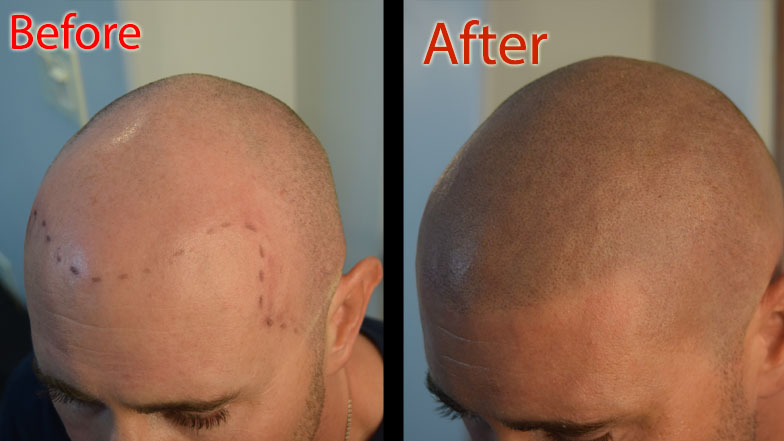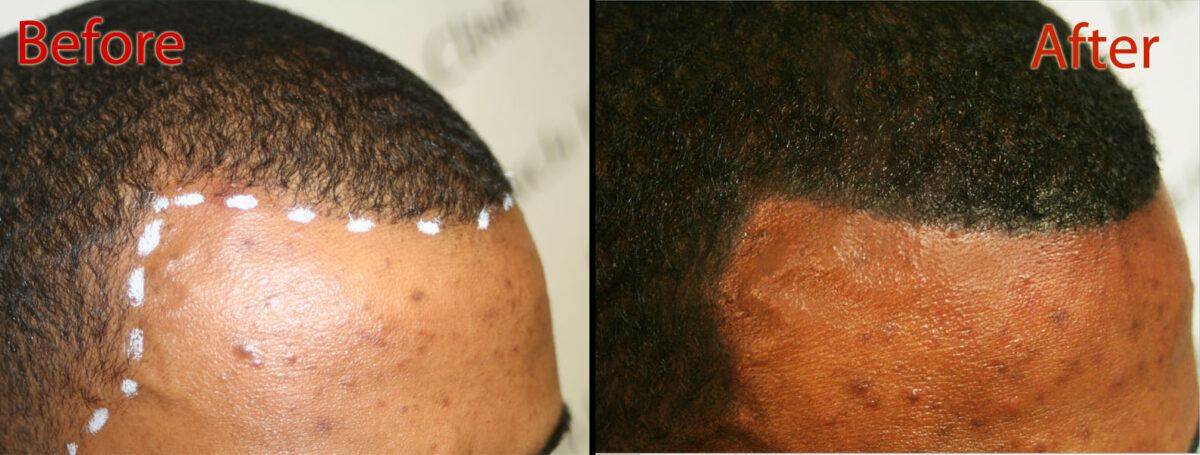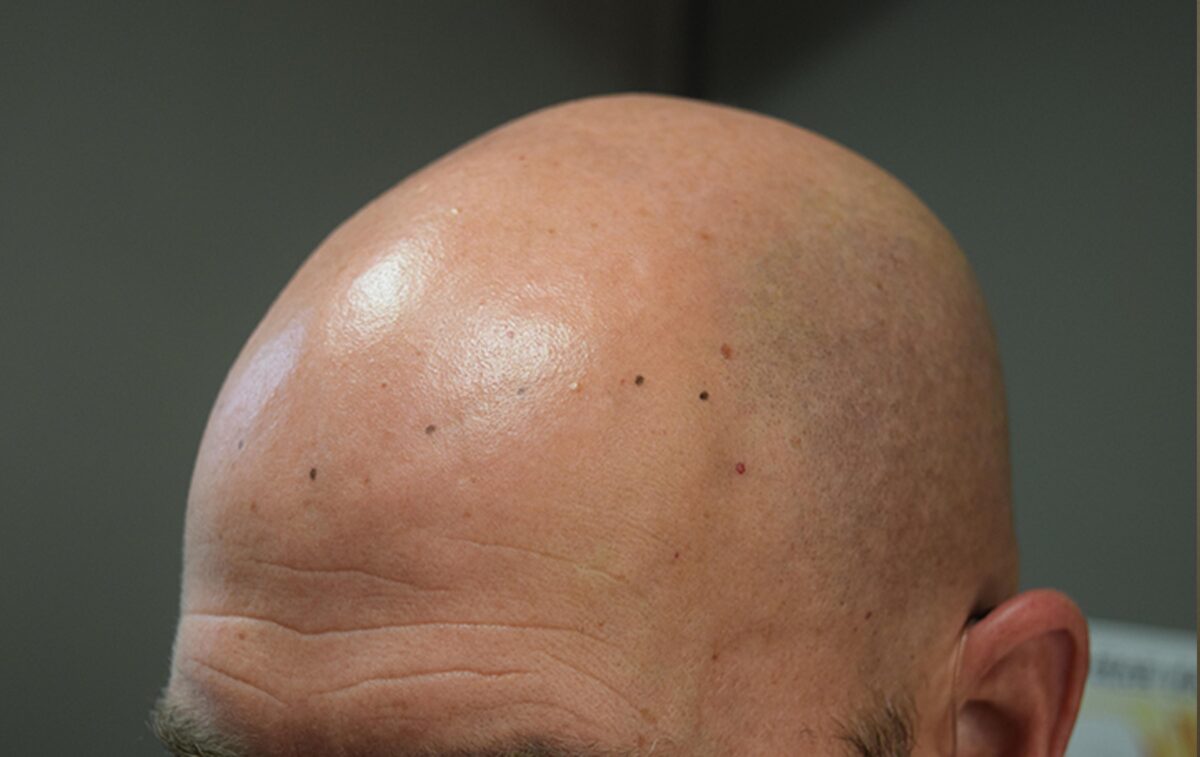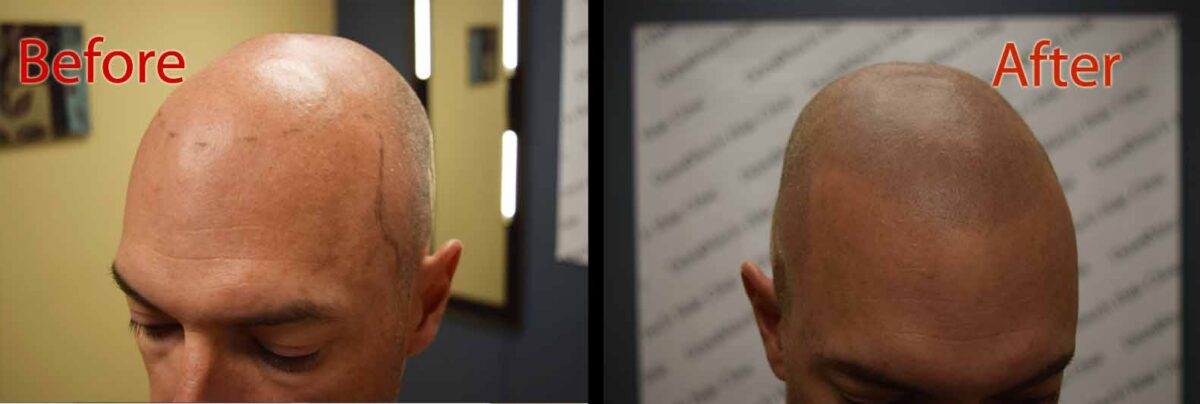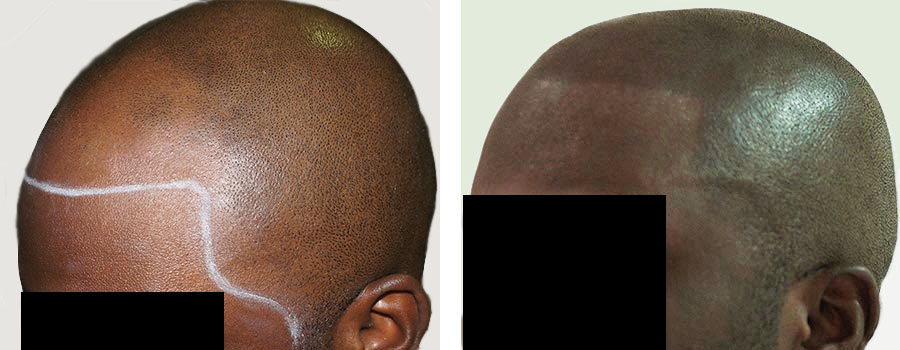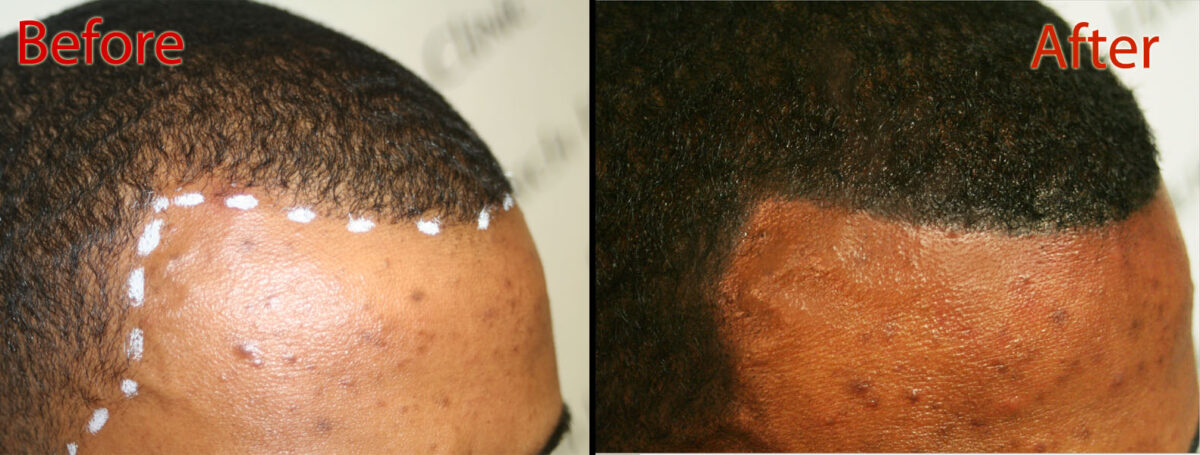Well, if you are suffering from hair loss, you might think that is the end of the world because hair shedding hurts. You might look for anything and everything you can do to prevent hair loss.
Unfortunately, hereditary hair loss or fall induced by a specific medical problem or health disorder cannot be prevented. Besides, there are other types of hair loss, including chemotherapy hair loss, about which you can do nothing. But here are a few tips to reduce hair loss in other cases.
How to prevent hair loss?
While genetics cannot be altered, small lifestyle changes can help slow down hair loss if you follow them religiously.
Preserve hair health
Hair fashion is trending, and hairstyles like buns and ponytails, which damage hair follicles at the root if worn excessively tight or regularly, are widely popular. You would do better to limit wearing these hairstyles and avoid follicular harm, so your scalp has enough resting periods.
Nourish strands to prevent hair loss
Your body needs nutrition for growth. Similarly, your hair needs proteins for healthy growth. Unless your diet is rich in protein, B vitamins, Vitamins E, and minerals like iron and folate, you are depriving your hair of adequate nutrition for optimal growth.
Stress management is crucial
Manage life’s stresses, which can trigger hair loss. Stress is part of everyone’s life, but it can adversely affect your overall health and well-being and ruin hair health. To prevent hair loss, it is advised to manage stress through counseling, meditation, diet, and yoga.
Stay hydrated
Hydration is critical to hair health since hair shafts contain 25% water. Make sure you drink at least 4 to 8 cups of water daily to prevent dehydration, which can further trigger moisture loss from the scalp and cause hair loss.
Make healthy food choices
Dietary Improvements can have a significant effect on hair health. Consume lean proteins, fruits, vegetables, and supplements to boost hair growth and prevent hair loss.
Avoid chemical exposure
Harsh chemicals, hair styling tools, and tight styles can damage follicles. Even the shampoos and conditioners should be chemical-free to avert damage to hair. Use mild shampoos and gentle handling for best results.
Scalp Massage
Massage can improve blood flow and nutrient circulation to the scalp, stimulating hair growth. Scalp massage can help boost hair health and improve the quality of hair as well.
Hair treatments to prevent hair loss
Besides, if hair care tips do not work or produce quick results, you might want medical intervention. Various forms of hair loss treatments claim to help stimulate hair growth. For example, minoxidil, rogaine, and finasteride. These treatments are considered adequate as long as the therapy is on. As soon as the therapy is discontinued, the hair loss starts again. Moreover, there are hair loss treatment side effects.
Concealing Hair Loss in the Modern Age
For those distressed by hair loss, scalp micropigmentation is an innovative cosmetic solution that can renew self-confidence. This technique involves making tattoos using natural pigments on the scalp. During the treatment, a scalp technician aims to produce the look of closely buzzed stubble. It can effectively conceal hair loss.
SMP seeks to create a realistic appearance with tiny dotted pigments that mimic hair follicles. When a skilled SMP practitioner performs the procedure, they aim to customize the treatment and integrate the dots with existing hair to conceal thin spots or receding hairlines.
With SMP that realistically simulates hair, you no longer have to worry about hair loss if hair care does not produce the desired results. Get your confidence back with scalp micropigmentation.
The DM Advantage
Contact Arizona SMP experts at DermiMatch Clinic for a job done right the first time. Skilled scalp practitioners in Arizona can help camouflage your scalp problems without invasive techniques.

